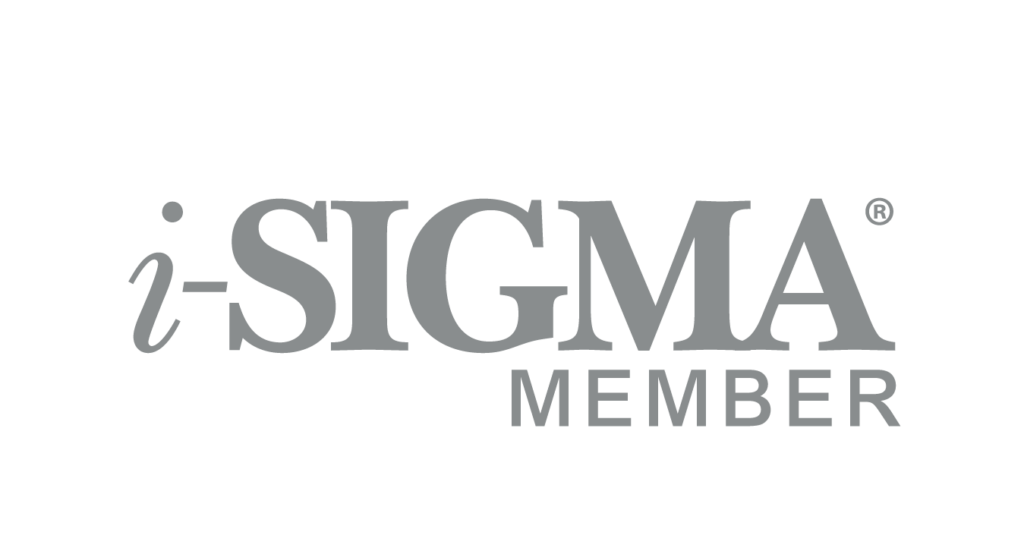
Financial documents, such as tax records and bank statements, contain sensitive information that needs to be protected from potential identity thieves and fraudsters. It is important to properly dispose of these documents to ensure your personal and financial information is secure. This blog will discuss why shredding matters for financial records and the different types of documents you should shred.
Why Shredding Matters
Financial documents contain personal and sensitive information, including your name, address, Social Security number, and financial account numbers. If these documents fall into the wrong hands, identity thieves can use the information to commit fraud and steal your money. Shredding these documents eliminates the risk of identity theft and protects your financial information. Shredding also reduces the amount of waste in landfills and helps preserve the environment for future generations.
What Documents Should You Shred?
Knowing which documents should be shredded and which should be kept is essential for connecticut business. Here are the top things you should destroy:
Tax Records
The Internal Revenue Service recommends keeping records from at least three years back. Record keeping should include income statements, receipts for deductions, and taxes paid. Taxpayers must be aware that other agencies require records to be held for extended periods, just in case they get audited or face any other legal action. It’s best to consult with an accountant for more information on how long you should keep your tax records. A good rule of thumb is that if it’s related to taxes, hold onto it until the recommended timeframe has passed. Once the timeframe is passed, then it’s time to shred those documents.
Bank Statements
Bank statements are a valuable source of information for thieves looking to steal your identity and money. To be sure no one can get access to the account information and credit card numbers, it is best to shred the bank statements before disposal. This process ensures all those sensitive details are unreadable and can no longer be stolen. If you value your financial security, shredding your bank statements is essential.
Credit Card Statements
Knowing when to shred and when to keep your credit card statements is vital in minimizing your risk of identity theft and financial loss. When cleaning out the filing cabinet, you should always shred expired cards, canceled checks, and other sensitive documents. Keep a current statement as long as you need it for taxes or another purpose — most experts suggest keeping it until you’ve reconciled any charges with the data. Additionally, if you notice any suspicious activity on your credit card statement, you should keep that copy and alert authorities immediately so they can investigate further. By staying informed of best practices surrounding document shredding and regular credit card monitoring, you can help protect yourself from potential fraud.
Medical Records
When it comes to medical records, knowing how long to keep them is a crucial part of ensuring your health information remains private and secure. Generally, medical documents should be retained until the treatment is finished or no longer needed. Once you no longer need the medical paper or document, it’s essential to dispose of it in a way that destroys the information contained – this is where shredding comes into play. It may seem like an added hassle, but shredding any sensitive medical documents helps protect your data from theft – something that has recently become too common. Taking the extra step to ensure your confidential data remains confidential is worth the effort!
Investment Records
For many investors, documents add up over the years until they occupy an entire storage box or filing cabinet. Most people don’t want to part with the physical remnants of their good investment decisions, but the truth is that old documents can take up too much space. The best thing to do is to shred the ones that are no longer necessary, such as stock certificates from a company that has been sold off, or those from accounts you have closed. For active accounts, however, it is best to retain the current statements and other documents until you have settled any financial transaction related to them. Shredding these documents helps protect your personal information from potential identity theft or misuse.
Shredding financial documents is important in protecting your personal and financial information. Whether you use a personal shredder, hire a professional shredding service, or participate in a community shredding event, it is essential to properly dispose of financial documents to eliminate the risk of identity theft and protect the environment. If you’re looking for a professional shredding company to help you protect your financial records, research to find the best one for your needs. File Shred can help you find the right shredding service for your needs in Hartford CT. Learn more about our services and how we can help ensure your financial documents are properly destroyed.
By
-

Jim Dowse is the CEO of FileShred, a family-owned, local business specializing in document management and secure shredding services. With over 30 years of experience in the industry, Jim is a Certified Secure Destruction Specialist (CSDS)—the highest certification in the document shredding field.
View all posts


